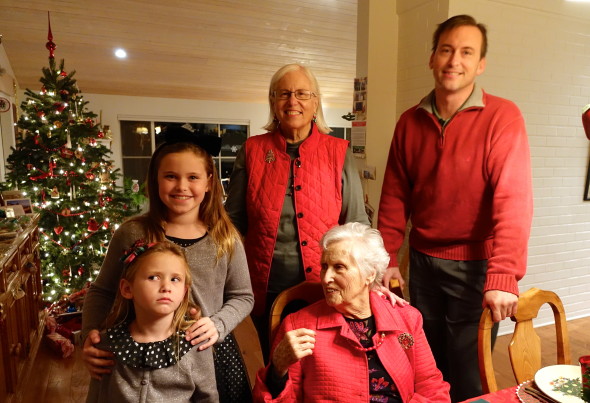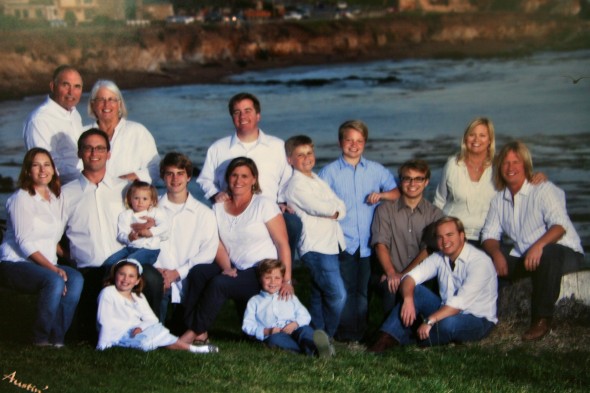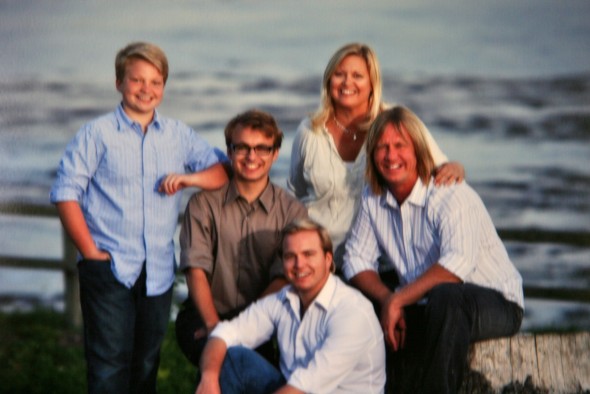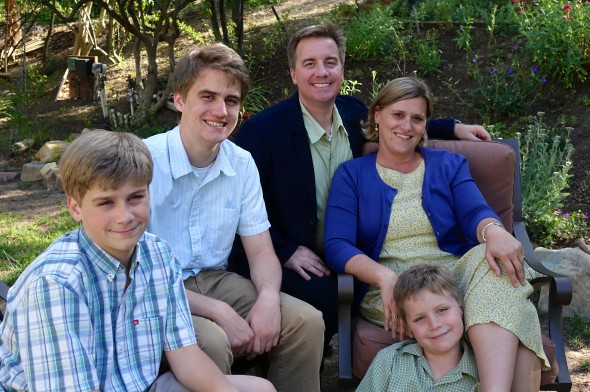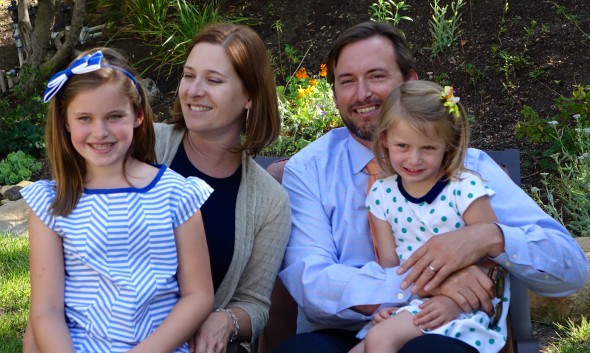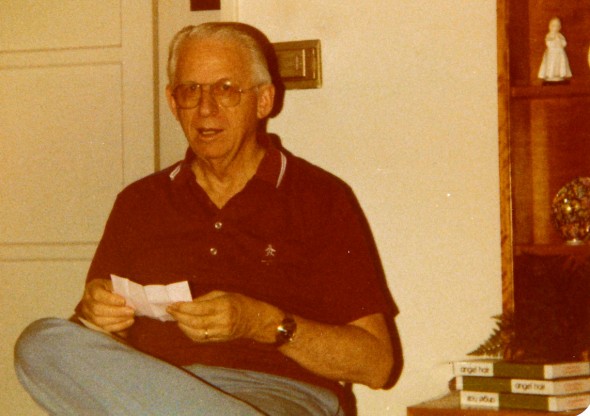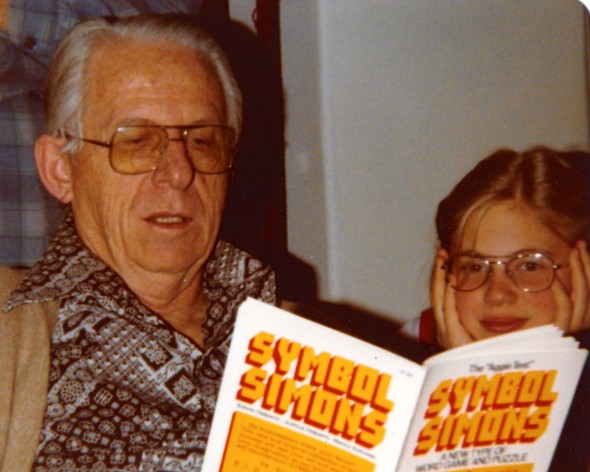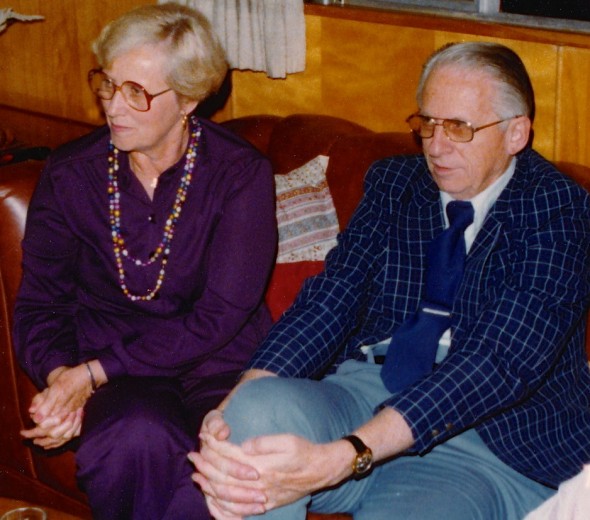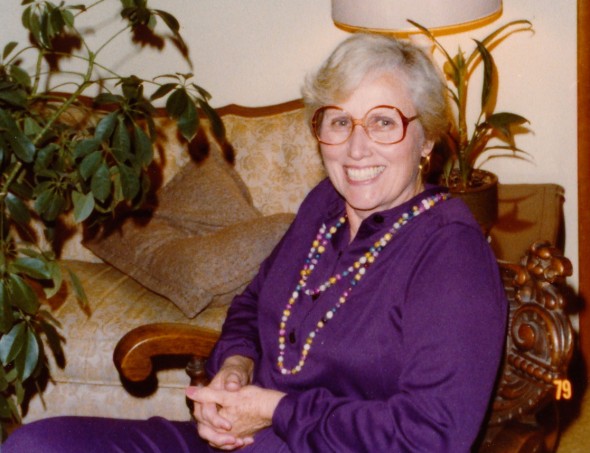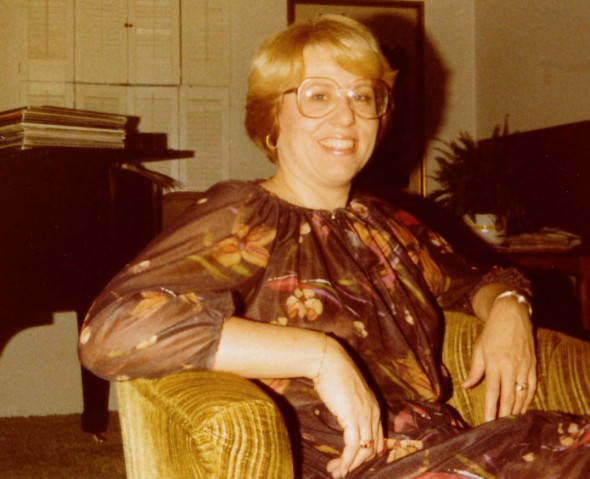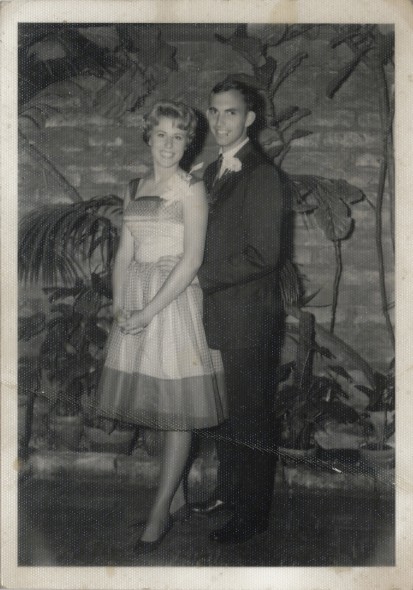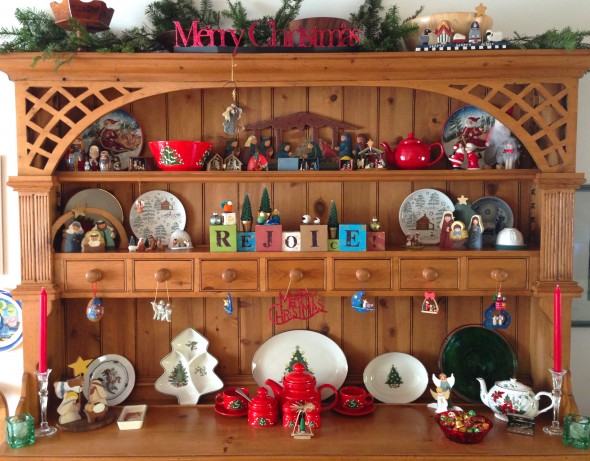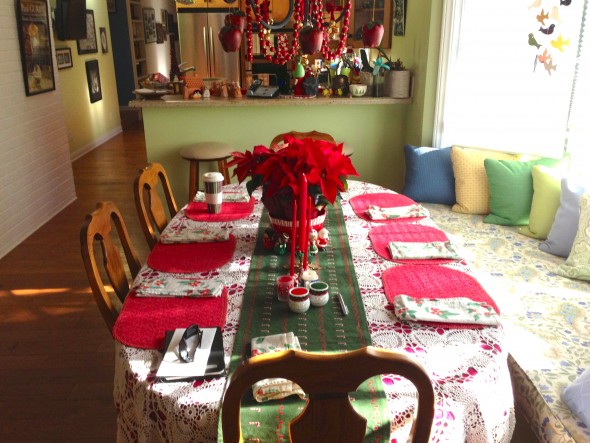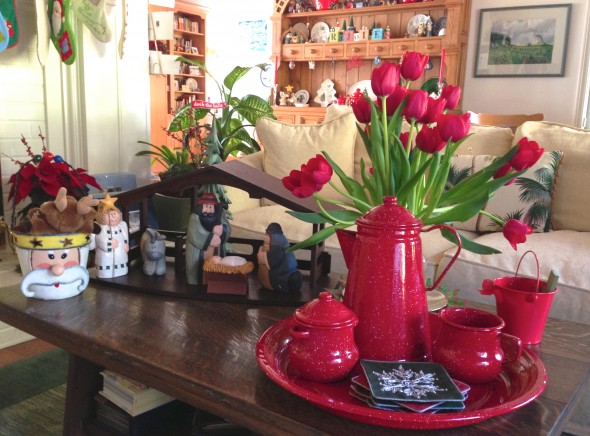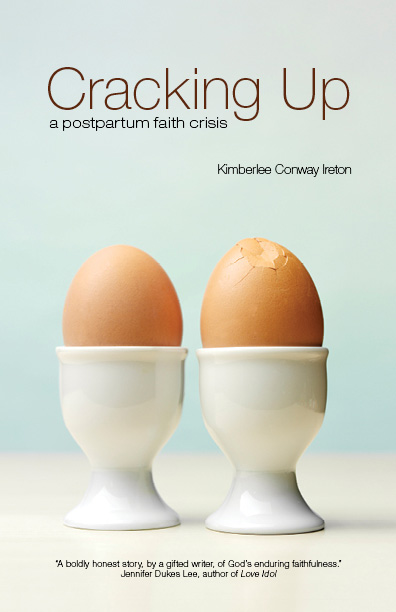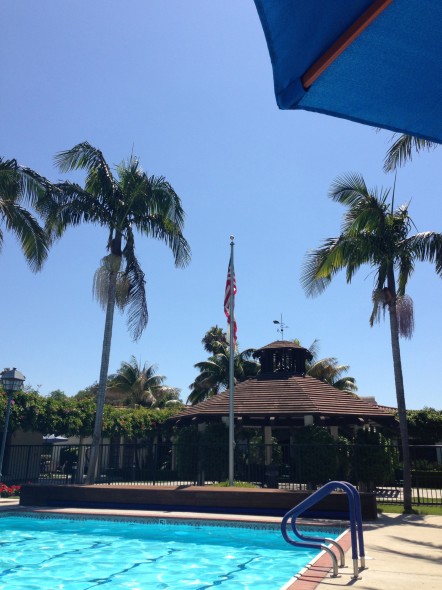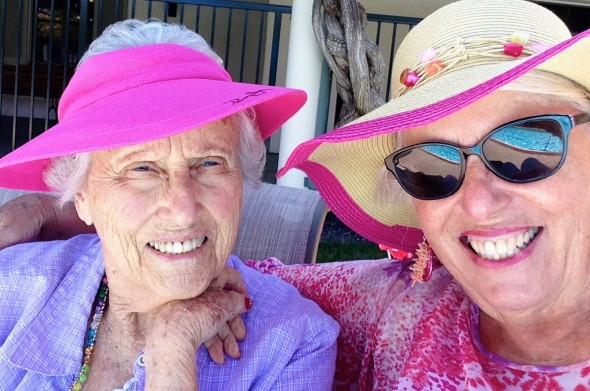My friend, Laura Brown, has a wonderful new website dedicated to stories/poems/reflections about mothers and mothering. I’m honored that she chose an older post of mine to feature there today. You can read the entire piece by clicking here.
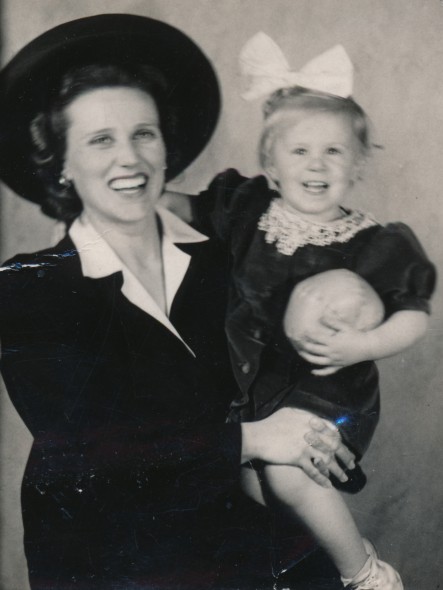
My mother, in her heyday, was truly a larger-than-life person.
That hat, for instance.
And the gigantic bow atop my head.
She started those bows when I could barely hold my head up,
ostensibly to announce to the world that this was a female child.
Apparently my baldness led many to believe I was a boy,
and my mom was having none of that!
I was a much-wanted child, long-awaited, and adored by my dad.
My relationship with my mom was more complicated,
very different from the easy, quiet companionship I enjoyed with my father.
Part of that is because my mother was a flaming extrovert –
easily the most socially gifted person I’ve ever known.
My father was quiet, reserved, careful.
Mom was glamorous, dramatic, a loud laugher and a loud crier.
She was also an extraordinarily creative homemaker and hostess,
usually operating on the slimmest of budgets.
She set beautiful tables, told wonderful stories,
often acting out each part,
and she brought light and laughter wherever people gathered.
She was also deeply insecure, believing herself to be
intellectually inferior to my dad and to most of her friends.
She had a mother-in-law who was sharp-tongued and judgmental
and a father who belittled and verbally abused her.
So when I was growing up, she depended on me to be
an emotional sounding board and a hands-on helper
with all things domestic.
For most of my growing-up years, she was my very best friend.
I idolized her and thought she was the smartest
and most beautiful woman I knew
and I tried to please her in every way I could.
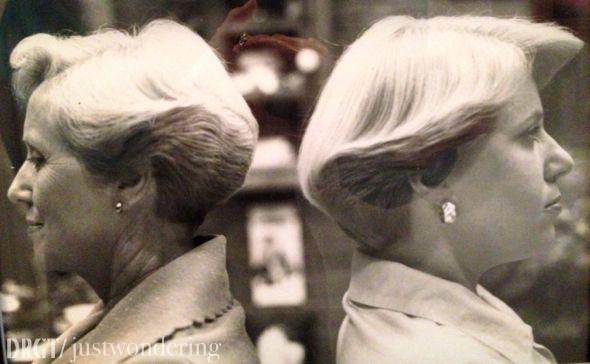
My mother loved me and, most of the time, she also liked me.
She struggled to understand me, however.
In some ways we are similar,
sharing a lot of the same interests
and laughing at the same jokes.
But in other ways, we are most definitely not alike,
and during those early years,
I intuited that it was not okay to step outside the box she drew,
the box of acceptable behavior and language,
of dreams and goals . . .
You can read the rest of this piece, and lots of other really fine writing, over at www.makesyoumom.com Clicking on this line will take you directly my post — but be sure to look around. It’s a grand place.
